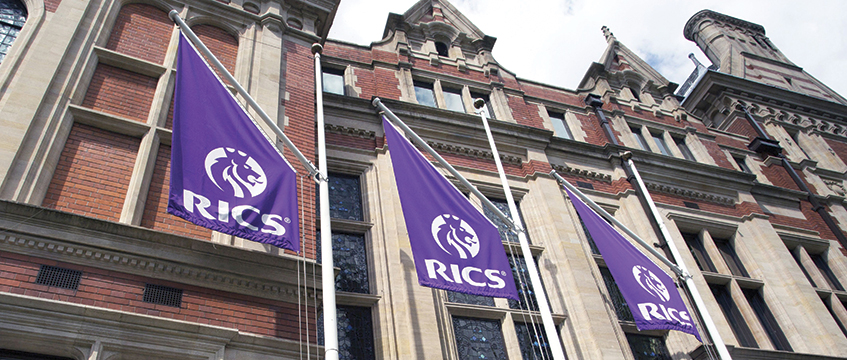EDITOR’S COMMENT If the RICS didn’t have a responsibility to the built environment to be a loud voice for it on the policy agenda, to be the architect of making the built environment more inclusive and to provide continuing development and education for its members during the rapid period of transformation the real estate sector is experiencing, the current chaos it is in the midst of could be funny.
The whole situation has the makings of a Netflix sitcom – or a real estate version of The Thick of It. Scandal, buffoonery and disorganisation on a scale that is shocking even to us journalists.
The latest episode of RICSdiculous (just in case Netflix does come calling) features a change of lead for the independent review into the governance scandal that has rocked the body over the past few months.
Peter Oldham QC was appointed in February to lead the review into how the RICS’ governing council is run, following reports that four non-executive directors were ousted after questioning the internal handling of a critical financial report by BDO. Now, just weeks before he was meant to publish his findings, Oldham has quit.
Officially, he has stepped down for “professional reasons” that have made him “unable to continue” to lead the investigation. Word is that Oldham was overwhelmed with responses to another concurrent RICS review – its Defining our Future consultation. That consultation closed last Friday – the very evening the RICS quietly pushed out the news that Oldham had quit.
The other word on the street is “shambolic”. Members are up in arms about how the body continues to handle the current situation, lambasting it for failing to embrace the transparency it asks of its members.
Why the RICS launched two reviews that essentially look at the same thing – whether it really is fit for purpose – at the same time continues to baffle, which is probably why Oldham got swamped with messages from members telling him exactly what they thought the future for this 153-year-old institution should be.
His sudden departure means the outcome of the review into the scandal that has led so many in the industry to question the existence of the RICS has been delayed until mid-June. A summary of the findings of the consultation is scheduled to be published in May.
The big problem the RICS now faces is trust. From the conversations the EG team has with the market, that trust has been completely eroded. And we all know that rebuilding trust is one of the most difficult things to do.
And while it’s great that the RICS has appointed a big-hitting QC to take over the investigation – Alison Levitt QC has reviewed some very high-profile cases in the past, including the decision not to prosecute Jimmy Savile for sex offences in 2009 – even that move has raised some eyebrows. Levitt will not be cheap by any stretch of the imagination, and while members will want this whole situation sorted, is this really what they want their fees spent on?
Members can at least be certain that they will get their money’s worth. Levitt is unlikely to suffer fools. She is unlikely to let anything get in the way of the truth and she is unlikely to let the can be kicked down the road again, and the outcome of this vital investigation delayed any further.
Let’s not forget RICS’ role in upholding public trust in the profession. Or its international standing; it could, and should, be a powerful ambassador for post-Brexit Britain. More than that, it has to start adhering to the very principles it asks of its members – act with integrity, act in a way that promotes trust and, most importantly, take responsibility. Its future depends on it.
To send feedback, e-mail samantha.mcclary@egi.co.uk or tweet @samanthamcclary or @estatesgazette











